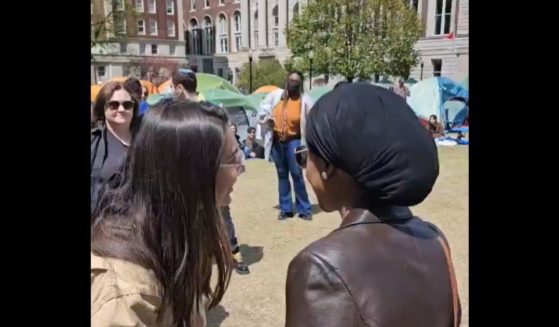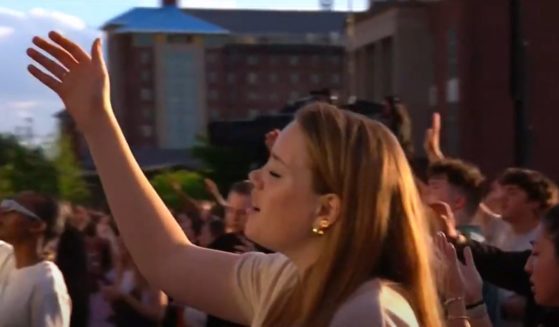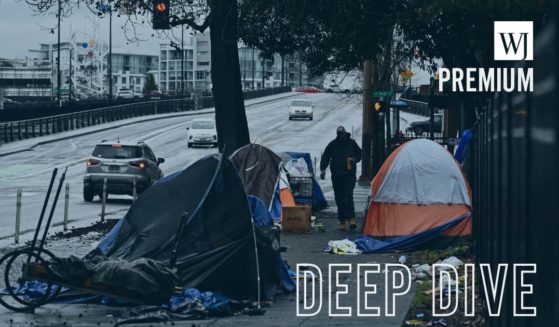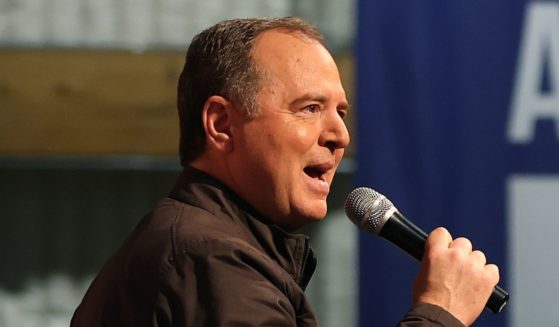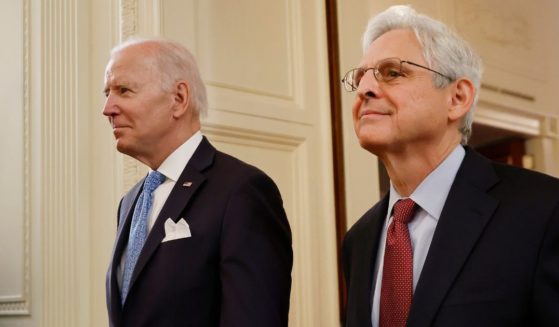Supreme Court Makes Decision on Dominion Voting Systems Case
The U.S. Supreme Court has refused to hear a case alleging that Facebook and Dominion Voting Systems had an illegal and undue influence on the 2020 elections.
The court rejected the appeal from eight Americans without comment.
The group was led by Kevin O’Rourke and had lost two previous rounds in court. In May, U.S. District Court Judge Timothy Tymkovich rejected the suit. The 10th Circuit Court of Appeals followed suit, leading to the request for the Supreme Court’s intervention, according to The Hill.
In their bid to have the case reviewed, O’Rouke and his other plaintiffs explained their purpose.
“To ‘fortify’ the election, Respondent, Facebook, Inc., k/n/a, Meta Platforms, Inc. (Facebook) regulated information that a cadre of progressives thought was misleading to the public,” it wrote.
“Additionally, Center for Tech and Civic Life (CTCL) sought to control the process of local elections across the county under the cover of COVID-19 relief through conditioned grants totaling hundreds of millions of dollars provided by the Chief Executive Officer (CEO) of Facebook, Respondent, Mark Zuckerberg (Zuckerberg), and his wife, Respondent, Priscila Chan (Chan),” the group wrote.
“Extraordinary lengths were taken to ensure the incumbent’s defeat,” the group wrote.
In the appeal, the group noted that it had claimed in its lawsuit that Dominion “has played in the creation and perpetuation of concerns regarding ‘vulnerabilities and a lack of transparency in the election technology industry.’”
The complaint included a claim that “‘hundreds of thousands of votes’ were switched in the 2020 presidential election ‘as a result of the systemic and widespread exploitable vulnerabilities’ in the software utilized by Dominion’s voting systems.”
The group also alleged in its appeal for Supreme Court intervention that “Dominion’s voting systems are ‘intentionally and purposefully designed with inherent errors to create systemic fraud and influence election results.’”
The group said it was damaged because “illegal votes and unconstitutional procedures dilute the votes of the legally registered voter, persons that create policies and procedures that authorize, encourage, and cover-up unconstitutional behavior are liable for the damages they cause to Plaintiffs with proper standing.”
In the filing with the Supreme Court, the group attached the District Court ruling saying, “Plaintiffs have not demonstrated a judicially cognizable interest or injury sufficient to grant them standing to sue. With Plaintiffs not having standing to sue, there is no case or controversy, a necessary predicate for federal court jurisdiction under Article III.”
The court called the lawsuit “a generalized grievance about the operation of government, or about the actions of the Defendants on the operation of government, resulting in abstract harm to all registered voting Americans.”
The appellate court did not delve into the merits of the case, only that those suing had shown no individual injury and thus had no standing to sue.
“Plaintiffs aver that Defendants’ conduct with regard to the 2020 Presidential election violated the constitutional rights of every registered voter in the United States. That is a generalized grievance,” it wrote.
“Accordingly, no matter how strongly Plaintiffs believe that Defendants violated voters’ rights in the 2020 election, they lack standing to pursue this litigation unless they identify an injury to themselves that is distinct or different from the alleged injury to other registered voters,” the appeals court wrote.
In its appeal to the Supreme Court, the group said the damage is evident.
“The current executive administration continues with use divisive rhetoric aimed at citizens that strive for election integrity, and to protect their own rights. These Americans are now classified as ‘election deniers,’ and literally labeled as ‘domestic terrorists,'” the appeal said.
“Such is the foreseeable result of allowing private persons to administer the general elections of numerous states across the county, and, otherwise, bring their influence to bear. The founders never intended for that to happen. In fact, the creation of state government was necessary to, if for nothing else, administer the elections of their people. If this Petition is not compelling enough to convince this Court to issue a writ of certiorari, a case like this will likely never happen, again. As it is, this case closes the door to citizens who have been injured by private persons in a fashion that burdens the rights of a large group of citizens,” the appeal to be heard said.
“Without clarity in the law concerning a citizen’s standing to sue private persons, who deprive that citizen of his or rights under color of law, how does a citizen stop corporations the size of Facebook and Dominion, and persons as powerful and rich and Zuckerberg and Chan from violating his or her rights? They don’t,” the appeal to be heard said.
Truth and Accuracy
We are committed to truth and accuracy in all of our journalism. Read our editorial standards.

